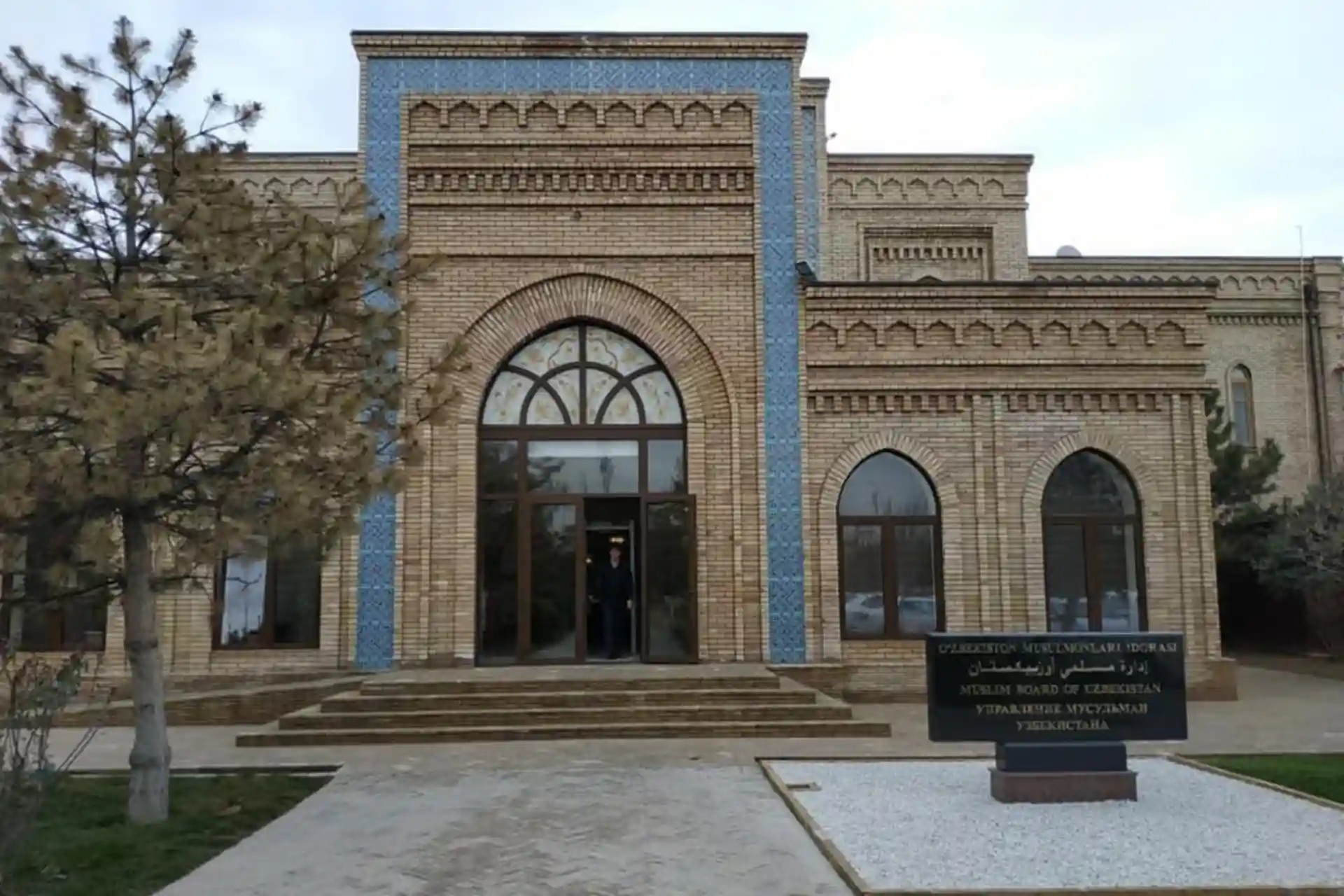Questions and answers about ransom
How much, how and to whom is the ransom given? Can he pay for the food instead? Is it obligatory for those who pay fidya to fast if they are able to fast later - questions and answers about fidya.
Question : How much is the ransom and how is it paid?
Answer : Fidya is a judgment sent by Allah as a relief to His servants.
Allah Almighty says: "Paying fidya is obligatory on those who are unable to fast."
The amount of daily ransom is equal to the amount of Al-Fitr charity, that is, half a bushel of wheat - 1900 grams, one bushel of barley and dates - 3800 grams. or by giving the value of these, the ransom will be paid.
It is obligatory for those who are unable to fast to give fidya instead of fasting. Even if it is at the beginning of Ramadan, he does not give to several poor people, but to one poor person. Similar to Fitr charity, half a sou of wheat and one sou of dates and barley are given.
Q : Is it possible to pay Ramadan fidya before the end of the month like Eid Al-Fitr?
Answer : It is not permissible to pay Ramadan ransom before the beginning of Ramadan. And when the month of Ramadhan comes, it will be, that is, on the first day of Ramadhan, it is permissible to pay fidya for the remaining days.
Question : What do chronic patients and those who cannot fast due to weakness do if they are unable to fast for several years due to illness and weakness, but after paying the ransom, they are able to fast after they recover and regain strength?
Answer : if such people are able to fast, their previous fidya will be nullified, and they will have to make up for the days of fasting, even if it is for several years.
Those who are unable to fast will pay their Qaza when they are able to fast. After all, in order for fidya to take the place of fasting, it is necessary that the inability to fast continues until the end of one's life. At the same time, a person who is unable to fast at this time and has lost hope of being able to fast in the future, does not fast, but gives to the poor or invites them to feed.
Question : It is mentioned in fiqh books that wheat, dates, and barley are used to pay fidya. Is fidya paid by giving their value instead?
Answer : the ransom is paid even if he gives the value. It is also permissible to pay the value of these things. It is permissible to give value in expiation, zakat, ushr, khiraj and al-Fitr in addition to offering and freeing slaves. The value on the date of the obligation to pay is significant.
Question : To whom is the fidya of fasting given?
Answer : It is given to the poor, the poor, the widows, the needy, and those who cannot afford zakat. It is not given to those who are related by birth and marriage, i.e. to one's own children, children's children, father, husband, wife, rich people, those who are able to give zakat, and those who cannot give zakat.
Question : Is it possible to give fidya for fasting to one poor person at the same time?
Answer : it is possible to give the fidya of several days to one poor person at the same time. But since there are different views on this issue, it is better to give the fidya for several days to several people. But even if he gave it to a poor person, it will be good.
Unlike the expiation of an oath, it is permissible to give fidyas for several days of prayer and fasting to one of the poor at once, because it is not permissible to give more than half a sow to one poor person in one day.
It is permissible for those who are unable to fast to give all their fidya to one person at once. But the expiation of the one who breaks the oath, the zihar, the one who breaks the fast is not like this. However, it is not permissible for a person who intentionally breaks the fast of Ramadan to give sixty days of redemption to one person in one day. If he gives it, he will have to pay one day's atonement.
It is permissible if he feeds a poor person in the morning and in the evening for sixty days, or if he pays the amount of Al-Fitr alms for sixty days. Or he can feed sixty poor people for one day in the morning and in the evening, or he can pay separately the amount of Al-Fitr alms.
If he feeds sixty poor people in the morning and another sixty poor people in the evening, it is not considered that fidya has been paid. Until they give dinner to those who eat in the morning or breakfast to those who eat in the evening. If one person is fed in the morning and another is fed in the evening, then the fidya of that day has not been paid.
There is a difference between old people (or chronically ill patients) and those who pay fidya for expiation fast, that is, they (or chronically ill patients) can pay fidya for one poor person in one day.
Question : If he is able to pay fidya without praying or fasting, will he be freed from his neck?
Answer : in our religion, one cannot be exempted from performing these actions by paying the ransom. Those who are unable to fast will pay their reward if they are able to fast. After all, in order for fidya to take the place of fasting, it is necessary that the inability to fast continues until the end of one's life.
From the book "The Shield of the Believer".



